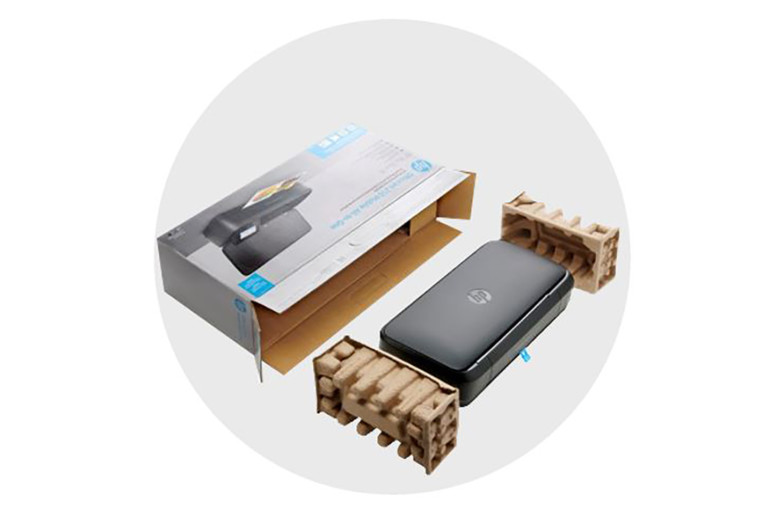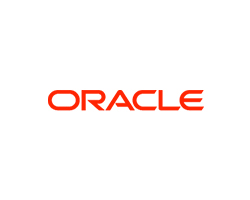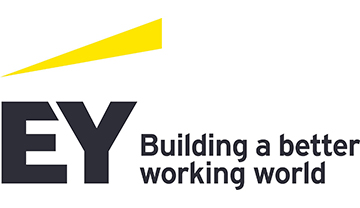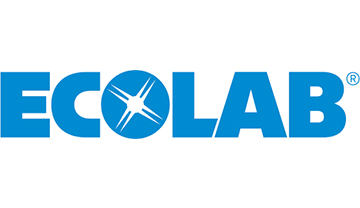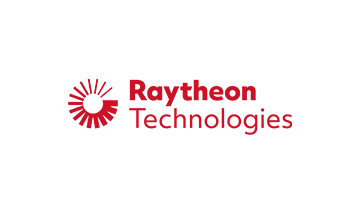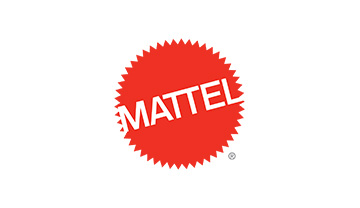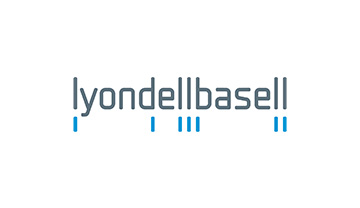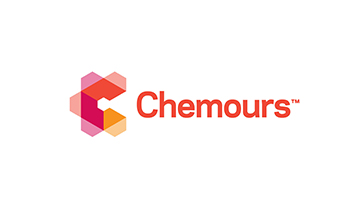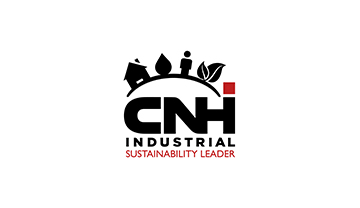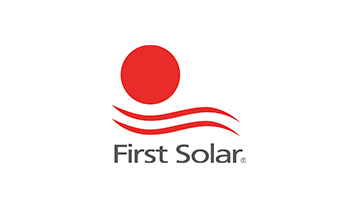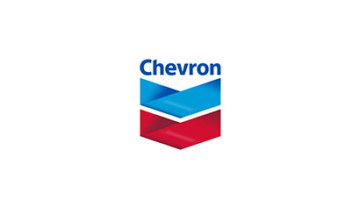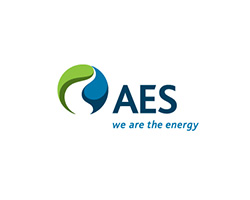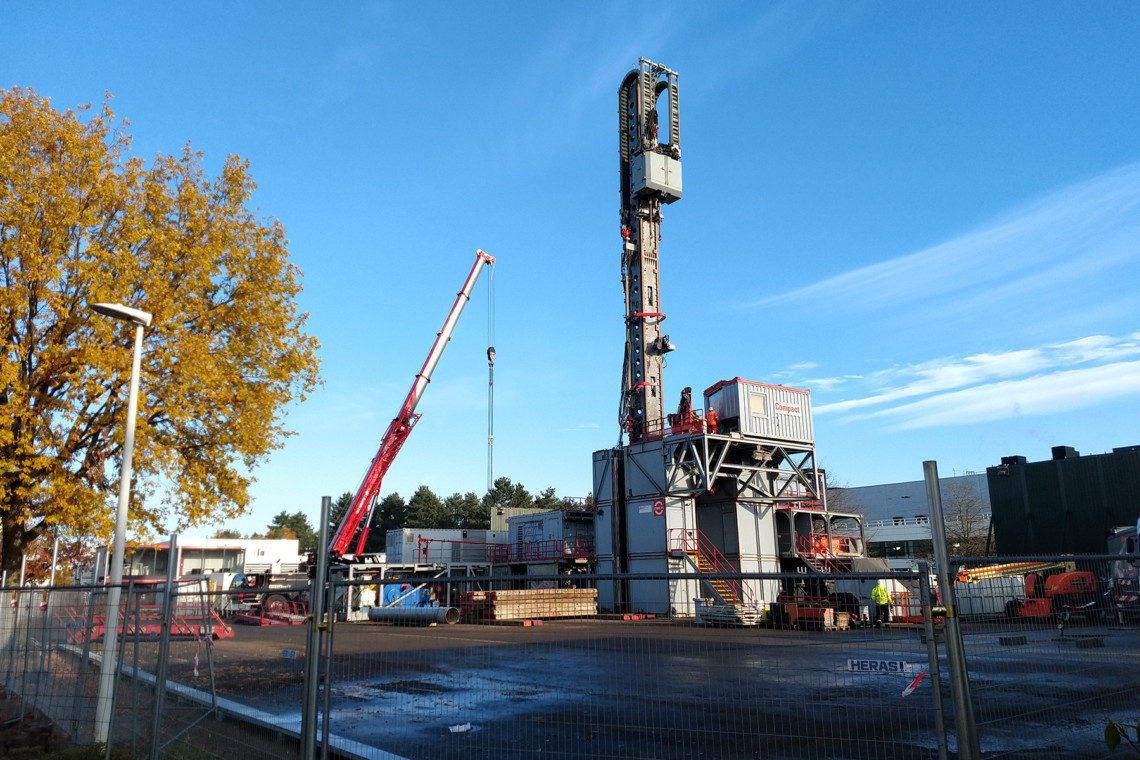
The geothermal project in Belgium is part of Johnson & Johnson’s objective to achieve carbon neutrality in its operations globally by 2030. Johnson & Johnson’s pharmaceutical division, Janssen, is pioneering this objective in Europe by investing in environmentally friendly geothermal energy to power one of its largest industrial sites.
Janssen’s Beerse campus in Belgium is one of Johnson & Johnson’s largest campuses worldwide, a strategic location for the project. In 2019, a geothermal energy project was started that involves drilling wells about 2.5 km deep, pumping up hot water from deep within the earth to generate heat for use on the property before returning it to the earth.
This geothermal project includes a smart heat grid that will soon utilise the Earth’s internal heat, the first of its kind on an industrial scale in the Belgian region of Flanders. The project was made possible by a public-private partnership with the regional government through the Flemish Energy Agency, the Flemish Agency for Innovation and Entrepreneurship, and the European Development Fund.
With completion expected by Autumn 2021, the installation of this fourth-generation smart heat grid will cut 30% of CO2 emissions at that property and can save 15,900 metric tons of CO2 per year which equates to the emissions generated by about 3,000 households.


